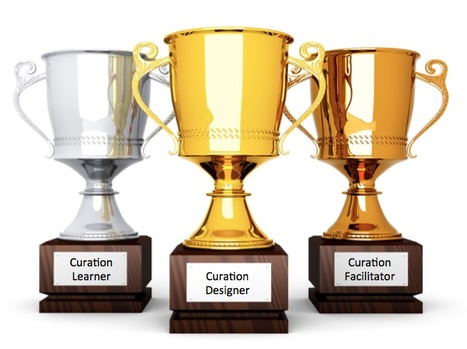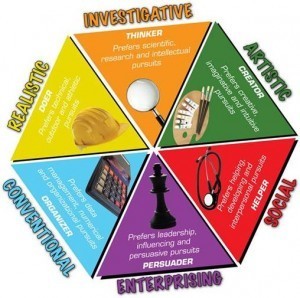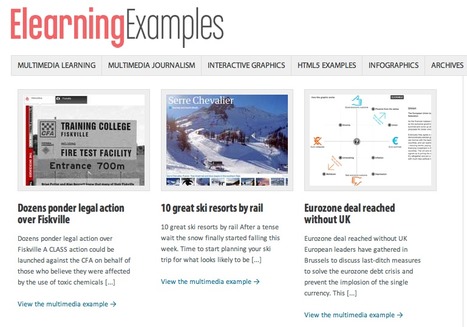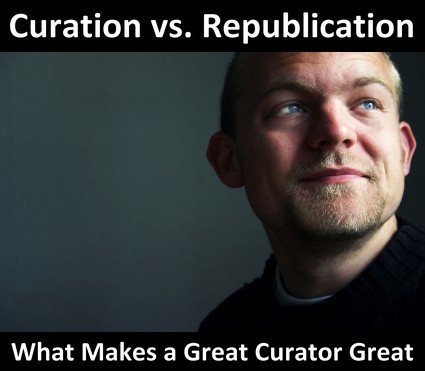Via Robin Good
Research and publish the best content.
Get Started for FREE
Sign up with Facebook Sign up with X
I don't have a Facebook or a X account
Already have an account: Login

 Your new post is loading... Your new post is loading...
 Your new post is loading... Your new post is loading...

Beth Kanter's comment,
December 20, 2011 7:34 PM
Thanks for sharing this from Robin's stream. These skills sets could form the basis of a self-assessment for would-be curators, although they're more conceptual - than practical/tactical. Thanks for sharing and must go rescoop it with a credit you and Robin of course

janlgordon's comment,
December 20, 2011 7:56 PM
Beth Kanter
Agreed. It's also one of the articles I told you about....good info to build on:-)

Tom George's comment,
August 26, 2011 9:43 AM
Hi Jan, good morning. Are your prepared for the hurricane coming our way?

janlgordon's comment,
August 26, 2011 9:51 AM
We're right on the water, lots of windows, we're prepared as much as we can be. It's definitely going to be challenging to say the least, hope for the best:-)

Robin Good's comment,
August 27, 2011 3:22 AM
Hi Jan, great job so far. Love what you do. Thanks for sharing it.
|

Robin Good's comment,
November 6, 2011 11:44 AM
Exactly Beth!
I couldn't have said better. Thanks for clarifying this further. 
Nancy White's curator insight,
March 10, 2017 4:37 PM
Oh my - all of my favorite thought leaders on curation in one spot! This immediately caught my eye and introduced a new way for me to look at curation- as a way to "find your tribe."

Duncan Cole's curator insight,
March 11, 2017 2:59 PM
If you are looking for some good advice and insight into how to develop into a great content curator, this is a great article from a few years ago from Robin Good. The additional insight from other curators adds another dimension, and I would suggest looking at this in some detail. It is clearly more effort to curate well, but then high quality work usually does.
|





![Curating Information & Making Sense of Data Is a Key Skill for the Future [Research] | E-Learning-Inclusivo (Mashup) | Scoop.it](https://img.scoop.it/KrkxRVnH-00QDsqHCUKTTTl72eJkfbmt4t8yenImKBVvK0kTmF0xjctABnaLJIm9)








Explanation of levels of content curation - sets aspirational goal. Relevance to students as a pathway for their development. See Robin Good's great summary.
Robin Good opinion:
Kirsten Wilson analyzes three different levels of content curation presently in use and describes accurately the differences between these.
"In regards to levels of curation it is much like Blooms. There is knowledge level curation- it is done for remembering and understanding (the “Learner Level”).
Another level is applying and analyzing- it is curated for use or been used and is a proven tool for using whether it be your tool or a tool you have discovered from your global connections via Social Media, blogs or simple internet searches (the “Facilitator Level”).
Finally, there are curations that go to the level of evaluation and creation… these are the curations that become invaluable tools to others. It takes the most work, but the result is most thorough and the resource it provides to others can be invaluable (the “Designer Level”)."
He concludes by reminding all would-be curators the importance of attribution and the amount of effort that the "designer level" of curation requires: "In this world of immediate access and available content make every effort to honor the source of your curation, inspiration and/or springboard for design.
Those that do curate at a “Designer” level and in many cases are the first in their field of expertise to find a new “method” put hours into the development and design."
Rightful. Instructional. 7/10
Full original article: http://teachkiwi.wordpress.com/2013/08/31/content-collaboration-and-curation-part-2/ ;
(Image credit: Three trophies by Shutterstock)
Robin Good把内容策展分为三个层次:策展的学习者,策展的设计者,策展的促进者。